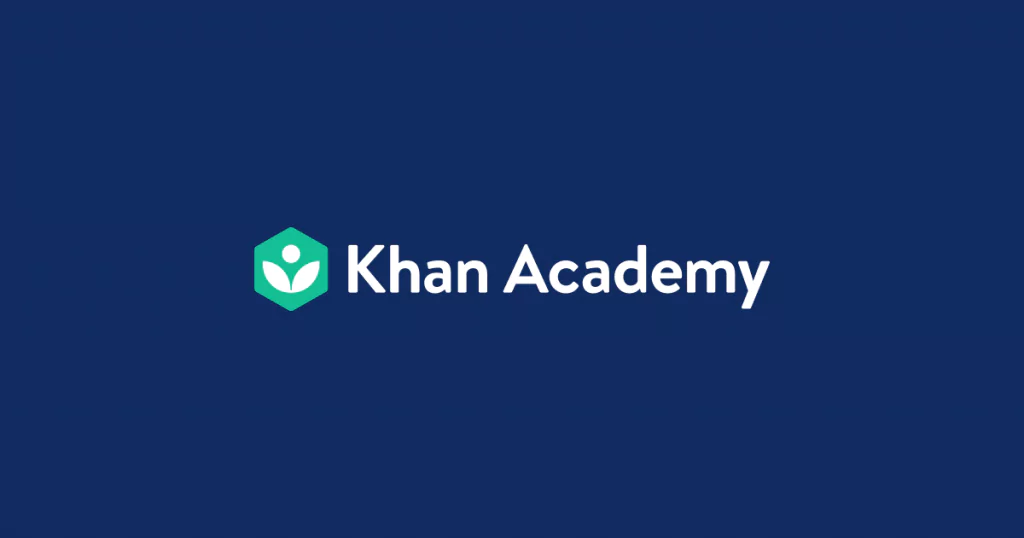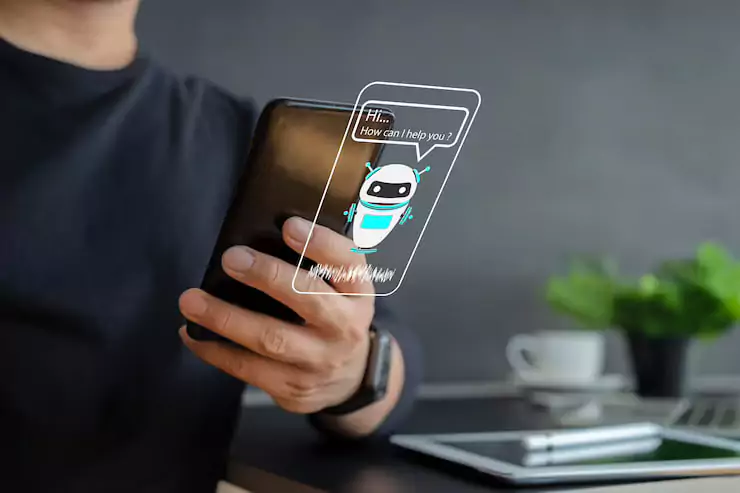Renowned education technology expert Dan Meyer recently expressed skepticism regarding the true effects of AI chatbots on learning. Centering his analysis on Khan Academy’s latest creation, an educational chatbot named Khanmigo, Meyer poses an essential question: Will these AI chatbots instigate a genuine transformation in education, or will they merely expedite the acquisition of minor details?

✅ AI Essay Writer ✅ AI Detector ✅ Plagchecker ✅ Paraphraser
✅ Summarizer ✅ Citation Generator

Image source khanacademy.org
Key Takeaways:
- AI chatbots may assist with small tasks, but their ability to revolutionize education is in doubt.
- Education is more than ‘small learning units.’ It’s a holistic process, tying together factual learnings with broader themes and personal identity.
- Previous failures in digital education reform underscore limitations of AI chatbots. They cannot replace the unique insights and emotional support of human-guided teaching.
Rethinking the Impact of AI Chatbots
Sal Khan, founder of Khan Academy, has high hopes for AI chatbots in education. In a recent TED talk, he boldly claimed, “I think we’re at the cusp of using AI for probably the biggest positive transformation that education has ever seen.” His solution? Khanmigo, an AI chatbot touted as “an amazing personal tutor” and a “teaching assistant” for every teacher on the planet.
Khan enthusiastically outlined various demonstrations of Khanmigo’s abilities. He described scenarios where a student seeks assistance with a complex math problem or guidance for college applications, and another where a teacher asks for advice on lesson planning. The AI chatbot seems prepared to handle these requests, offering solutions and advice with apparent understanding and ease.
However, Meyer responded with skepticism, questioning the true depth of these interactions. He pointed out that while they are indeed novel and demonstrate the capabilities of AI in a new light, they are limited in their breadth and scope. As he stated, “Khan describes several interactions, all of which very helpfully define the narrow limits of any impact we should hope to see from AI chatbots on schooling.” Meyer asserts that the value of these novel interactions may not extend beyond their novelty, highlighting the need to reconsider our understanding of AI’s impact in education.
The Question of Learning Units
Meyer asserts that the AI chatbot’s assistance with these tasks revolves around small learning units, which are very different from the extremely large learning units that embody much of the educational process.
“In schooling, students find it very hard to separate extremely small learning units like ‘how do I factor this expression?’ from extremely large learning units like ‘who am I?’ and ‘do I belong here?'” Meyer writes.
Meyer criticizes the belief held by many AI chatbot boosters, that schooling can be broken down into a sum of small learning units. He contends that this model for schooling is wrong and has not worked in the past.

Faulty Models and Failed Attempts
Meyer refers to several failed attempts to revolutionize education through digital technology, including the use of explanation videos and auto-graded exercises. He warns that AI chatbots, while knowing nothing about a student’s personal history, are wrongly seen as a tool to “give every student a guidance counselor, academic coach, career coach, life coach.”
| Technologists’ Perspective | Parents & Students’ Perspective | |
| View of Education | Technologists see education as a process that can be enhanced and streamlined through digital technology. They value speed, efficiency, and individualization. | Parents and students view education as a holistic experience. They value the personal touch, emotional support, and human interaction that traditional school environments provide. |
| Digital Substitution | Technologists are optimistic about substituting human-led teaching with digital technologies. They believe this allows for personalization and self-paced learning. | Parents and students generally prefer human-led teaching. They believe that teachers provide unique insights, context-sensitive advice, and emotional support. |
| Access to Education | Technologists believe that AI can democratize education by acting as a ‘personal tutor’ for every student, thus potentially overcoming disparities in educational access. | Parents and students emphasize the importance of real-world, community-based learning environments. They value the social interaction, community building, and character development that come with traditional schooling. |
| Learning Units | Technologists champion the idea of ‘extremely small learning units,’ where AI can guide students through bite-sized, fact-based learning. | Parents and students lean towards a more integrative approach that ties together ‘extremely small learning units’ with ‘extremely large learning units.’ They believe in interweaving factual learnings with broader educational themes and questions of personal identity and belonging. |
| Outcome of Learning | Technologists aim for factual knowledge acquisition and individual competence. They believe AI can enhance these outcomes by providing immediate feedback and personalized pathways. | Parents and students value the social, emotional, and character-building outcomes of education. They believe these are best achieved through human relationships, mutual support, and shared experiences within a school community. |
The Real Need in Education
While technologists may support this model of schooling, Meyer believes that it ignores a fundamental part of education: human interaction.
“Those people [parents and students] generally like their neighborhood school and teachers and wish for better human relationships within it,” he explains. They are not looking for a digital substitute for human relationships.
AI Chatbots in Education: A Panacea or a Distraction?
As AI chatbots like Khanmigo become a growing part of educational resources, Meyer suggests that their value in revolutionizing education may be overstated. Although they can handle straightforward, minute learning tasks, they fall short of igniting a major shift in the educational landscape. Meyer emphasizes that fostering human connections within educational environments, not dissecting education into separate learning units, is critical for meaningful education transformation. The route to impactful change in schooling, he argues, may not lie in digital technology’s integration alone. Instead, it calls for a deep-rooted emphasis on the human element in learning, demonstrating the significance of relationships in building robust educational environments, even in subjects like math.
Read more:
TOEFL Exam Duration Cut by an Hour in Response to Market Shifts and Competition from Duolingo
Is There Cheating on Duolingo?
Navigating the Language Learning Journey: Experiences and Strategies with Duolingo
Follow us on Reddit for more insights and updates.





Comments (0)
Welcome to A*Help comments!
We’re all about debate and discussion at A*Help.
We value the diverse opinions of users, so you may find points of view that you don’t agree with. And that’s cool. However, there are certain things we’re not OK with: attempts to manipulate our data in any way, for example, or the posting of discriminative, offensive, hateful, or disparaging material.